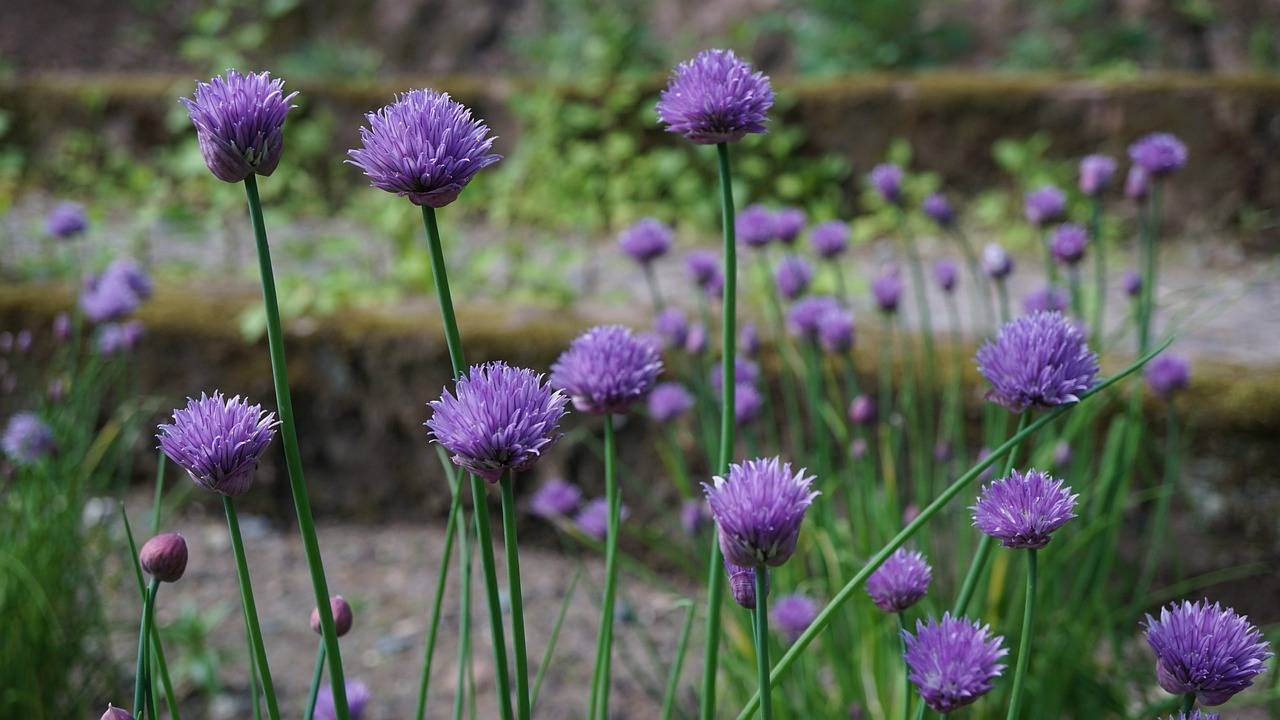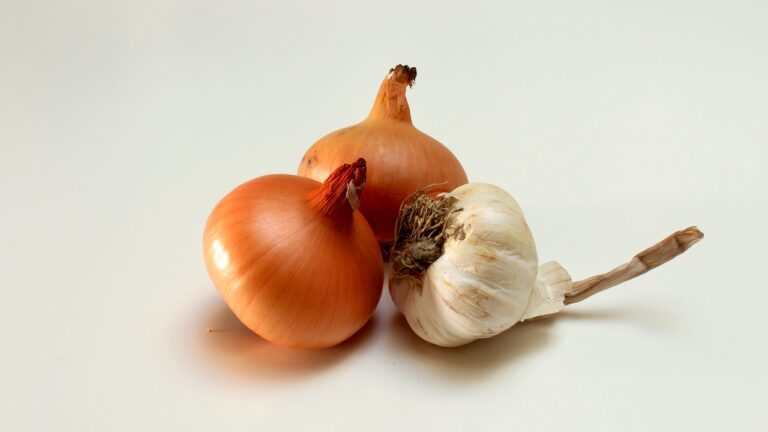The Science Behind Herbal Medicine: Efficacy and Safety
Herbal medicine encompasses the use of plants and plant extracts for therapeutic purposes. This practice dates back thousands of years and is rooted in traditional healing systems across various cultures worldwide. The philosophy behind herbal medicine is to harness the healing properties of nature to promote health and wellbeing.
In herbal medicine, plants are often used in their whole form or as extracts to address common health concerns. These natural remedies are believed to work synergistically with the body to support its innate healing mechanisms. From soothing digestive issues to boosting the immune system, herbal medicine offers a holistic approach to healthcare that considers the interconnectedness of the body, mind, and spirit.
History of Herbal Medicine
Herbal medicine has been utilized for centuries by various cultures around the world to treat ailments and maintain health. The practice of using plant-based remedies dates back to ancient times, with evidence of herbal medicine found in archaeological sites and historical texts. In early civilizations, healers and shamans would gather plants, roots, and herbs to create tinctures, teas, and poultices for medicinal purposes.
Throughout history, herbal medicine has played a significant role in traditional healing systems such as Ayurveda, Traditional Chinese Medicine, and Native American medicine. These ancient practices were based on the belief that plants possessed natural healing properties that could restore balance and harmony to the body. As civilizations interacted through trade and exploration, the exchange of herbal knowledge and remedies between cultures led to the expansion and diversification of herbal medicine practices.
What is herbal medicine?
Herbal medicine, also known as botanical medicine or phytotherapy, is the use of plants and plant extracts for medicinal purposes. It has been practiced for centuries by cultures around the world.
What is the history of herbal medicine?
Herbal medicine has a long history dating back thousands of years. It has been used by ancient civilizations such as the Egyptians, Greeks, and Chinese for treating various ailments. In medieval Europe, herbal medicine was the primary form of healthcare. Today, herbal medicine continues to be used as an alternative or complementary treatment option.
How is herbal medicine different from conventional medicine?
Herbal medicine relies on the healing properties of plants, whereas conventional medicine typically uses synthetic drugs and procedures. Herbal medicine is often seen as a more natural and holistic approach to healthcare, focusing on treating the root cause of illness rather than just the symptoms.
Are there any risks associated with using herbal medicine?
While herbal medicine is generally considered safe when used appropriately, there can be risks involved. Some herbs may interact with medications or have side effects. It is important to consult with a qualified healthcare provider before using any herbal remedies, especially if you have underlying health conditions or are pregnant.
Can herbal medicine be used in conjunction with conventional medicine?
Yes, herbal medicine can often be used alongside conventional medical treatments. However, it is important to inform your healthcare provider about any herbal remedies you are taking to avoid potential interactions. Some herbs may enhance or reduce the effectiveness of certain medications.







